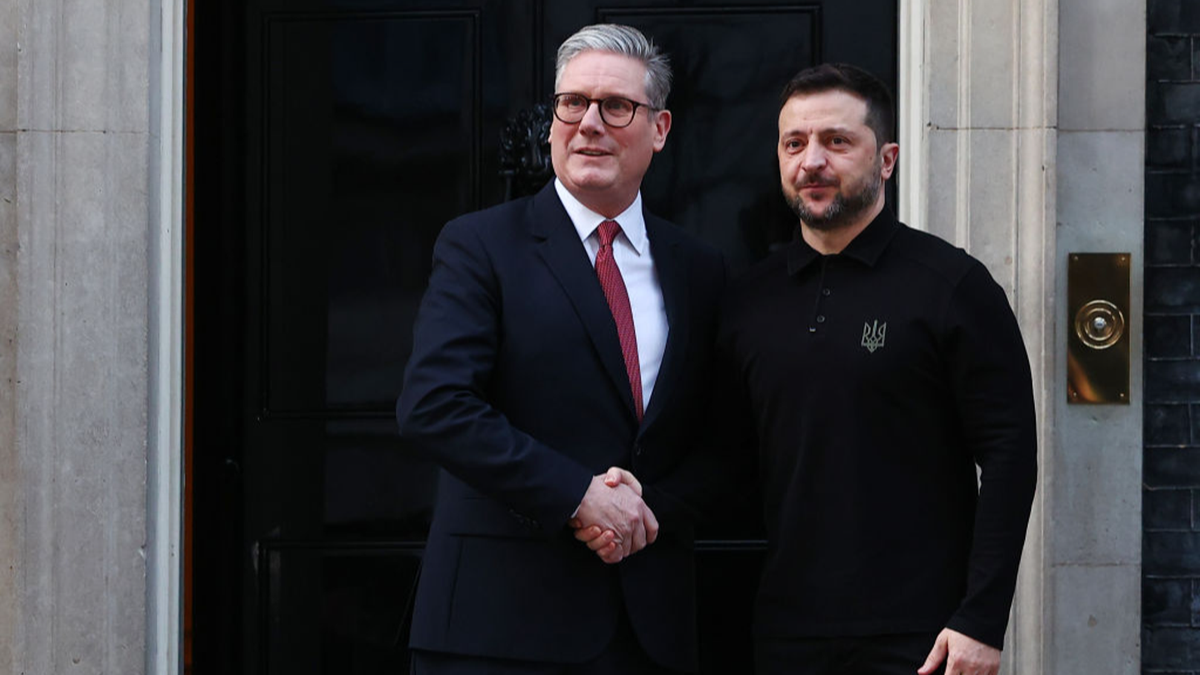Tottenham Report: Europe’s advertising clampdown rumbles on

The last few weeks have put gambling advertising back under the spotlight in Europe and farther afield. Calls for tighter regulation are mounting in the UK, while elsewhere legislators are one step ahead and passing bans.
Last month, Lithuania announced an almost complete ban on gambling ads starting in July next year. Somewhat unsurprisingly, lucrative sports-related campaigns have been granted some leniency.
Advertising related to sports events, sports sponsorships, and the broadcast of sports competitions is being allowed to continue to a limited degree until the end of a transitional period at the end of 2027.
According to Gambling Insider, before the dawn of 2028, up to three sports betting ads shorter than 15 seconds each per hour will be permitted on TV, radio, and online between the hours of 6 a.m. and 6 p.m. in the country, with two per hour permitted between 6 p.m. and midnight.
Online, sports betting ads that don’t link directly to the operator’s website will be permitted 20% of advertising space from 6 a.m. and 6 p.m. and 10% until midnight.
The country has budgeted €4m ($4.24m) to help media organisations adjust to the change and the inevitable loss of income as a result of the ban.
Lithuania is just the latest is a long line of European countries to clamp down on gambling advertising, with Italy, Spain, Germany, and the Netherlands also imposing stricter controls in recent years.
Australia and the U.S. are also looking at what reforms may be needed to bolster player safety, while in Northern Ireland recently, there have been calls for Westminster to introduce stricter controls.
The emerging preference for all-out bans or draconian restrictions is symptomatic of a wider shift in the perception of gambling in Europe, but also globally, as regulation proliferates across the American continent and beyond.
A recent episode of The Rest Is Politics podcast, hosted by Tony Blair’s former spin doctor Alistair Campbell and former Conservative Member of Parliament Rory Stewart, demonstrated in one brief exchange how attitudes to online gambling seem to be hardening.
The 4 November episode of the podcast’s ‘Leading’ spin-off featured U.S. journalist Michael Lewis, author of The Big Short and Moneyball. Following some thought-provoking insights on the machinations of former FTX boss, and latterly Puff Daddy’s cellmate, Sam Bankman-Fried, Lewis shared his grave concerns about the proliferation of online gambling in the U.S.
Campbell, who belonged to the government that liberalised UK gambling laws in 2005, arguably sparking the igaming industry as we know it today, was candid in his response: “One of the worst things we did as a government was liberalise the gambling industry.”
The remark incapsulates the mood around gambling in the UK, certainly since the gambling reform review kicked off by Boris Johnson in December 2020.
GambleAware, the UK’s foremost charity tackling the reduction of gambling-related harm, also reported last month that the UK has the most lenient regulations on gambling ads, despite also having more research on the negative effects of gambling marketing than other European countries.
The study commissioned by GambleAware from the New University of Bristol and Ipsos also revealed that there is mounting public support for change, with 67% of the UK public saying they felt there was too much gambling advertising and 74% backing the notion of regulations to control it on social media and, to a slightly lesser extent (72%), on TV.
Off the back of the research, the charity has called for a pre-watershed ban on broadcast ads, restrictions on gambling marketing online, a blanket ban across sports, and mandatory health warnings.
Author of the report and a marketing researcher at the University of Bristol Dr Raffaello Rossi said: “Our research shows that Great Britain has the strongest evidence of gambling marketing’s harms, but some of Europe’s fewest restrictions. This suggests that the lack of tight restrictions isn’t due to insufficient evidence, but rather a lack of political will.
“Across Europe, bans on gambling marketing are increasingly the norm, seen as necessary to protect the public. Great Britain, however, is becoming an outlier with almost no meaningful restrictions. The evidence is clear — policymakers must act urgently to protect millions from preventable harm.”
The volume is undoubtedly rising on calls to restrict gambling advertising in the UK, but as ever, the spectre of unintended consequences hovers over the debate.
Last year, the European Gaming and Betting Association called for reform of Italy’s 2018 blanket ban on advertising, suggesting it had contributed to the €25bn (£21.76bn/$26.38bn) per year Italians were spending with black-market operators. It brings us back to the inescapable fact that gamblers gonna gamble. Governments just need to decide where they want them to do it.
Related
Soft2bet: dozens of blacklisted gambling sites connected to award-winning European…
About Shady betsGlitzy offers and bonus bets lure in millions to online gambling every day. Yet behind the crafted promotions lies a different reality. One defi
Half of Online Gambling Firms Lose 10% of Revenue to…
The European online gambling (iGaming) sector is suffering multibillion-euro losses to fraud each year, according to new research from Sumsub. The identity ver
How Europe has responded to Trump warning Zelenskyy he’s ‘gambling…
In the wake of Volodymyr Zelenskyy and Donald Trump's spat in the White House, world leaders have been sharing their thoughts on the explosive argument.Inevitab
Is Europe on the brink of war? Three scenarios that…
It's generally agreed that Volodymyr Zelensky's meeting in the White House on Friday was an unmitigated disaster. After exchanging blows with Donald Trump and J














